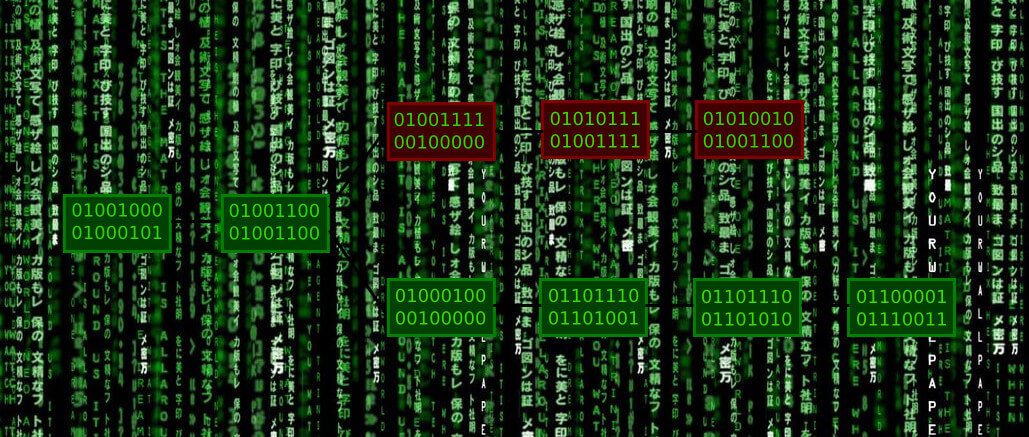The importance of Decentralization
2013-11-03
 Why is it important that Bitcoin becomes even more decentralized?
Why is it important that Bitcoin becomes even more decentralized?
One of the main problems with the Bitcoin ecosystem is that although Bitcoin is nominally decentralized, in reality the miners that keep the network running are all running the same piece of core Bitcoin software: bitcoind. Bitcoind is the “headless” (ie. command line only) version of
the original Bitcoin client that has been developed ever since Satoshi released the first version in 2009, and serves as the software that all miners and nearly all businesses use to communicate with the Bitcoin network.
This is unhealthy for two reasons.
First, having a monopoly can potentially lead to highly disruptive blockchain forks; for example, in March this year the removal of a database bug preventing bitcoind nodes from processing a block simultaneously affecting the status of more than 5,000 transactions caused the Bitcoin network to split in half for about six hours as nodes with the bug and without the bug disagreed on the validity of a block and started working on two separate blockchains. The fix: the Bitcoin community came together and agreed to shut down the version 0.8 nodes, and added the database bug to the official protocol for two months until it could be removed in a controlled way two months later. If there were instead five different Bitcoin implementations in active and widespread use, the failure of any one would only affect a small portion of the Bitcoin network – and ordinary users’ clients, which typically only verify transactions and not blocks, would probably not be affected at all as, in the event of a fork, the “legitimate” blockchain would nearly always be the one commanding a majority of the network.
The second reason is political. Many core bitcoind developers, particularly lead developer Gavin Andresen, are also part of the Bitcoin Foundation, an organization which has taken clear steps toward using political lobbying as a strategy for protecting Bitcoin. The fear is that, in the future, the government might try to regulate Bitcoin more, and give the foundation an ultimatum: you include certain privacy-eroding features (a moderate example might be an “address validation fee” to discourage people from covering their tracks by creating many Bitcoin addresses) in the protocol, or we ban Bitcoin exchanges. The Foundation may well comply, and the US government knows it. If the Foundation did not have the power to make these kinds of changes to the protocol without widespread international consent, however, then the US government would not have this option – they would be forced to either try banning Bitcoin outright, at the cost of massive goodwill among the tech and open-source community at the very least, or let it be and focus on softer regulatory strategies. This is why Bitcoin advocates like Amir Taaki, Joerg Platzer and others have long supported diversifying and internationalizing the Bitcoin ecosystem.
To catalyse diversity we can build several open source bitcoin daemons for nodes and miners to run, libbitcoin is one emerging example of this and we welcome more.
Bitcoin Magazine by VITALIK BUTERIN on AUGUST 9, 2013
Ready to start your Bitcoin journey?
BTCX is Sweden's first Bitcoin exchange. With us, you can buy bitcoin quickly and securely. Experience safety and simplicity when investing in the currency of the future!


